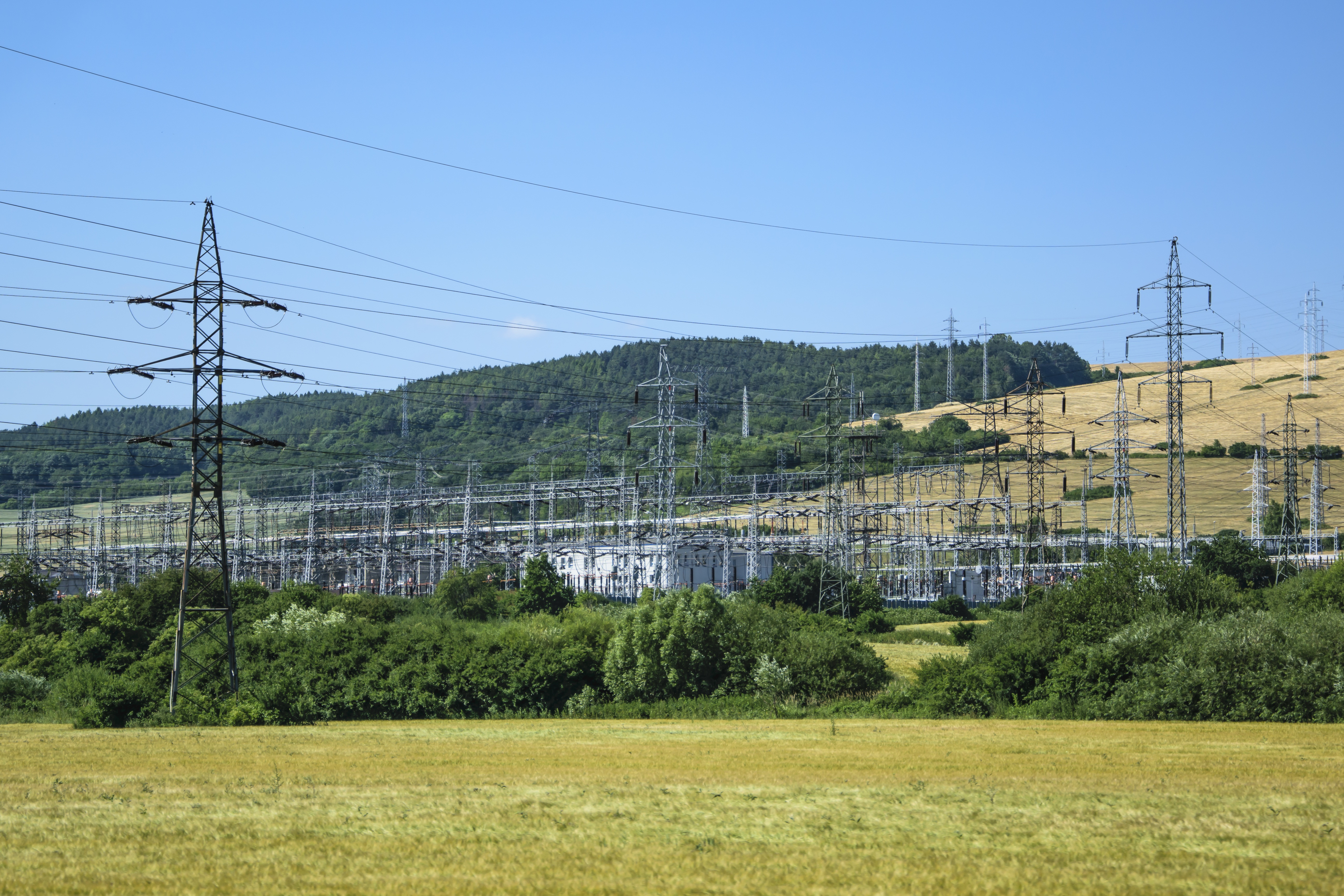What are Renewable sources of energy?
Renewable energy is energy derived from natural sources that are replenished at a higher rate than they are consumed. Sunlight and wind, for example, are such sources that are constantly being replenished. Renewable energy sources are plentiful and all around us.
Fossil fuels - coal, oil and gas - on the other hand, are non-renewable resources that take hundreds of millions of years to form. Fossil fuels, when burned to produce energy, cause harmful greenhouse gas emissions, such as carbon dioxide.
Generating renewable energy creates far lower emissions than burning fossil fuels. Transitioning from fossil fuels, which currently account for the lion’s share of emissions, to renewable energy is key to addressing the climate crisis.
Renewables are now cheaper in most countries, and generate three times more jobs than fossil fuels.
Why Renewable sources of energy?
Renewable energies are sources of clean, inexhaustible and increasingly competitive energy. They differ from fossil fuels principally in their diversity, abundance and potential for use anywhere on the planet, but above all in that they produce neither greenhouse gases – which cause climate change – nor polluting emissions. Their costs are also falling and at a sustainable rate, whereas the general cost trend for fossil fuels is in the opposite direction in spite of their present volatility.
Clean energy development is vital for combating climate change and limiting its most devastating effects. 2019 was the second warmest year on record. The Earth’s temperature has risen by an average 0.85 °C since the end of the 19th Century, states National Geographic in its special November 2015 issue on climate change.

Meanwhile, some 1.1 billion inhabitants (17% of the world population) do not have access to electricity. Equally, 2.7 billion people (38% of the population) use conventional biomass for cooking, heating and lighting in their homes - at serious risk to their health.
The transition to an energy system based on renewable technologies will have very positive economic consequences on the global economy and on development. According to the International Renewable Energy Agency (IRENA), doubling the renewable energy share in electricity generation to 57 % worldwide by 2030 will be necessary for meeting the Paris Agreement targets. This requires raising annual investments in renewable energy from the current USD 330 billion to USD 750 billion, thereby boosting job creation and growth linked to the green economy.







